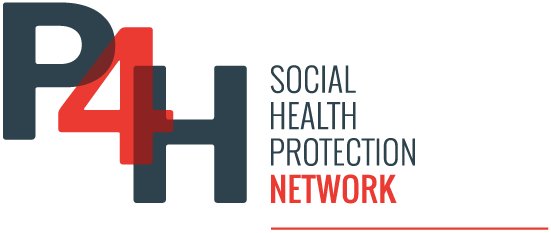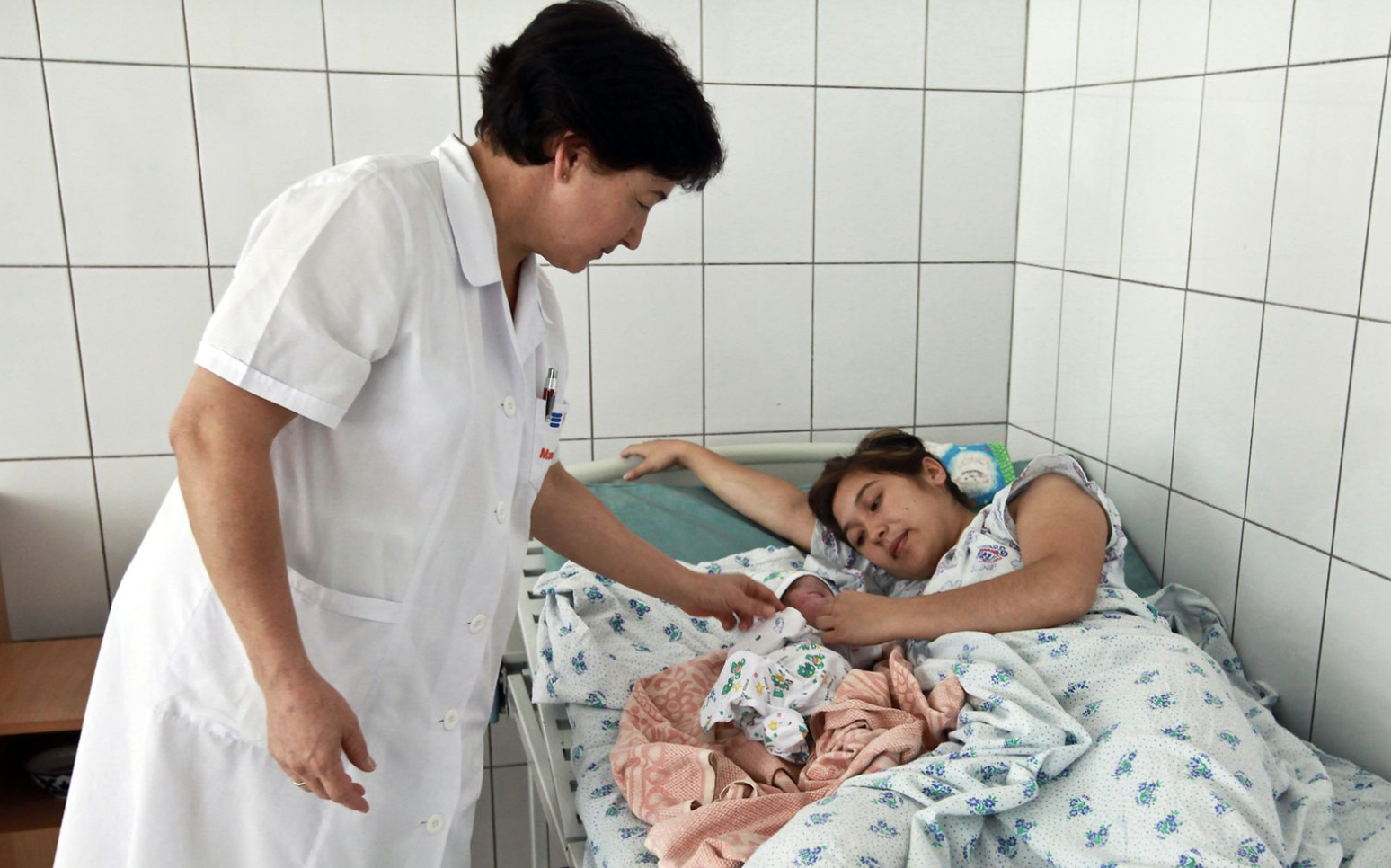
Modernising and expanding healthcare in Uzbekistan
The BMZ is assisting the Uzbek government in implementing its national health strategy and reforming its social protection system. The aim is to provide comprehensive access to health services for all people in Uzbekistan in a system that discriminates against no-one....
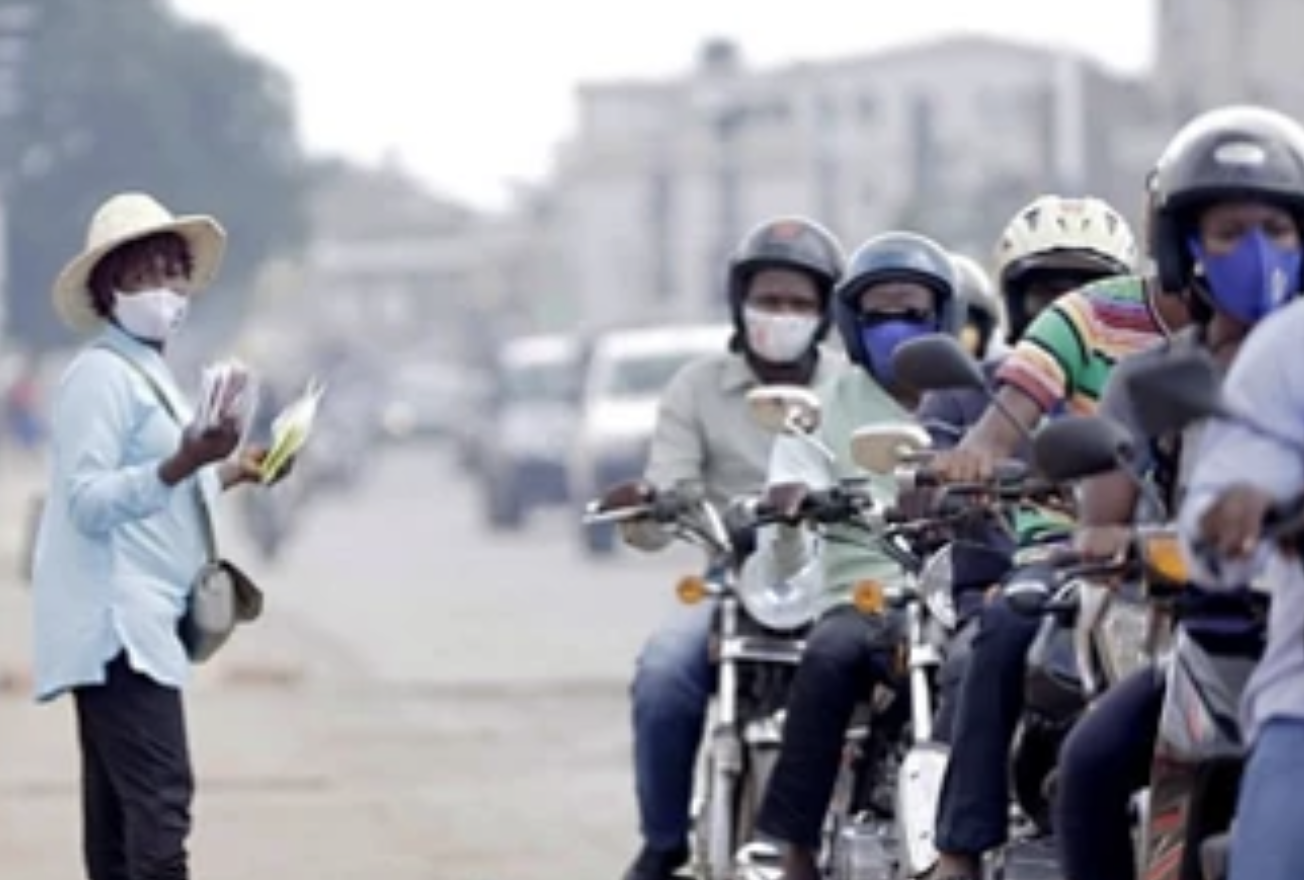
Togo’s Innovative Approach to Solving Healthcare Delivery Challenges
Togo’s healthcare inefficiencies limit outcomes despite investment, with medicine shortages, workforce disparities, and equipment gaps. Using the FinHealth Toolkit, Togo linked financial management issues to service challenges, fostering inter-ministerial...
Fit for the Future: 10 Year Health Plan for England
The 10 Year Health Plan for England seizes the opportunities provided by new technologies, medicines, and innovations to deliver better care for all patients – wherever they live and whatever they earn – and better value for taxpayers. It is making 3 big shifts to how...
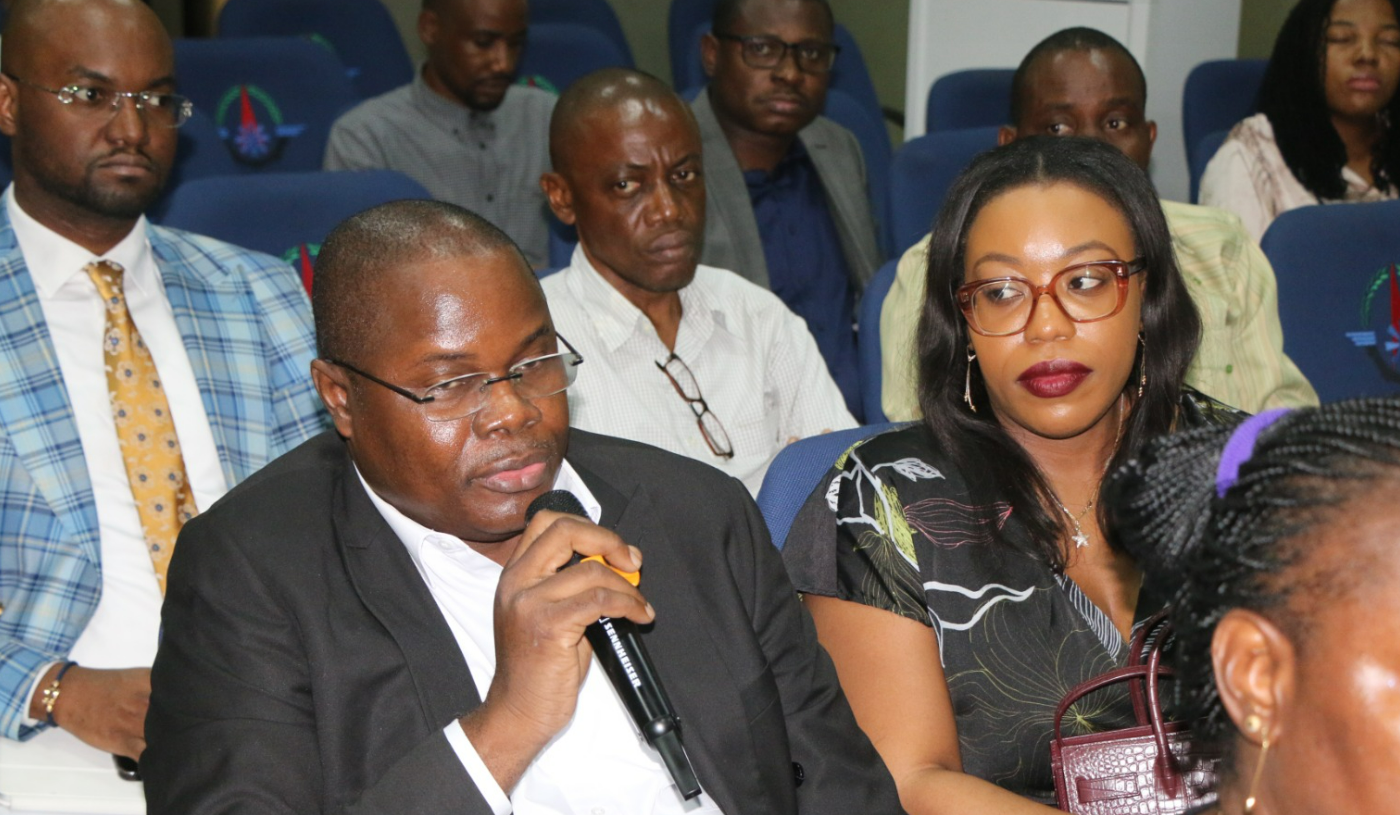
Innovative health financing in Congo: a tax on harmful products
The private sector at DRC is involved in discussions on an innovative financing mechanism, a specific tax earmarked for health promotion. The revenue from this tax on harmful products is intended to feed the Health Promotion Fund on a permanent basis. On June 11,...
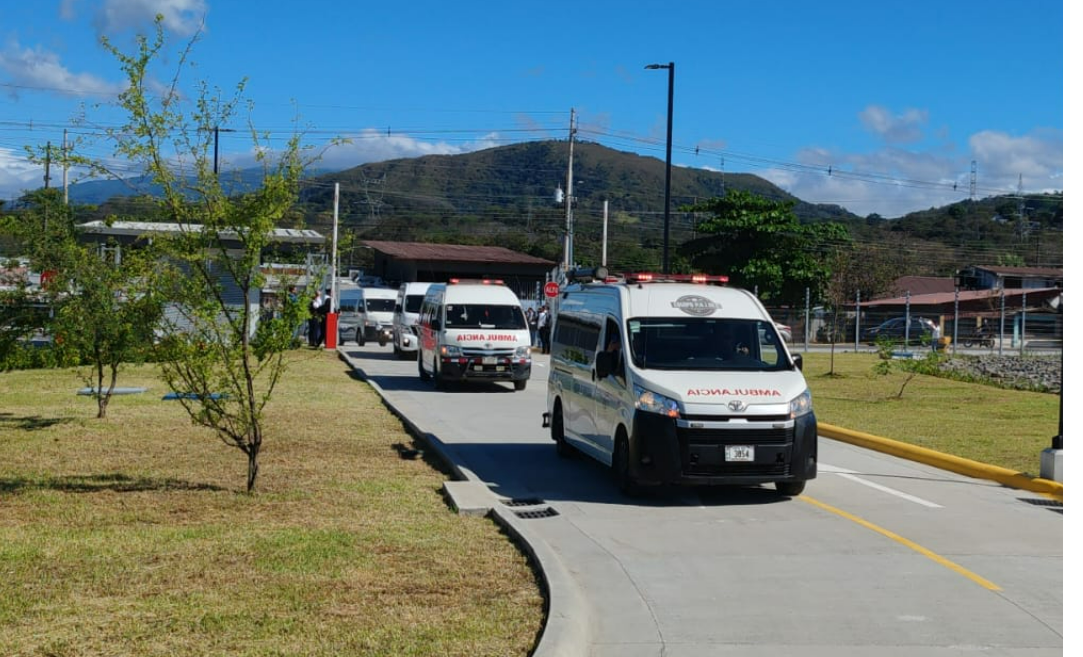
Sustainability of Costa Rica’s Health Insurance at risk
An audit of the Costa Rican Social Security Fund (CCSS) indicates that the state's debt continues to increase over time. The sustainability of health insurance depends on the timely recovery of amounts owed in a timely manner. The report (January 2025) of the internal...
Health Accounts 2020 Paraguay
This document provides information on health revenue and expenditure flows in Paraguay in 2020. It will be used for planning and development, policy evaluation and international comparisons.

Empowering the Health Sector Through Solar Access: A Lifeline for Zimbabwe’s Medical Facilities
The installation of solar power in over 200 rural health facilities across Zimbabwe has enabled uninterrupted medical care, improved vaccine storage, and expanded access to essential health services, resulting in higher vaccination rates and reduced disease...
Health Financing in Brazil: perspectives of states and municipalities
This book, published in June 2025, presents an in-depth analysis of the challenges and opportunities of public health financing in Brazil, especially at state and municipal levels. The authors show, based on analysis of data from the Public Health Budget Information...
Out-of-pocket cost and financial catastrophe of patients with cancer: the alarming cost-of-illness in Bangladesh
This study assessed the annual out-of-pocket (OOP) costs of cancer care for patients in Bangladesh, their coping mechanisms, and the financial distress they experienced. Using data from three hospitals, researchers estimated an average annual OOP cost of US$ 6,504 per...
Automatic Health Insurance Enrollment for Vulnerable Individuals: Opportunities for Egypt’s Universal Health Insurance System
This note offers insights on how Egypt can move forward to achieve automatic UHIS coverage for vulnerable groups. Automatic enrollment would help eliminate barriers to UHIS coverage, get rid of long queues for applicants, decrease the administrative burden on...
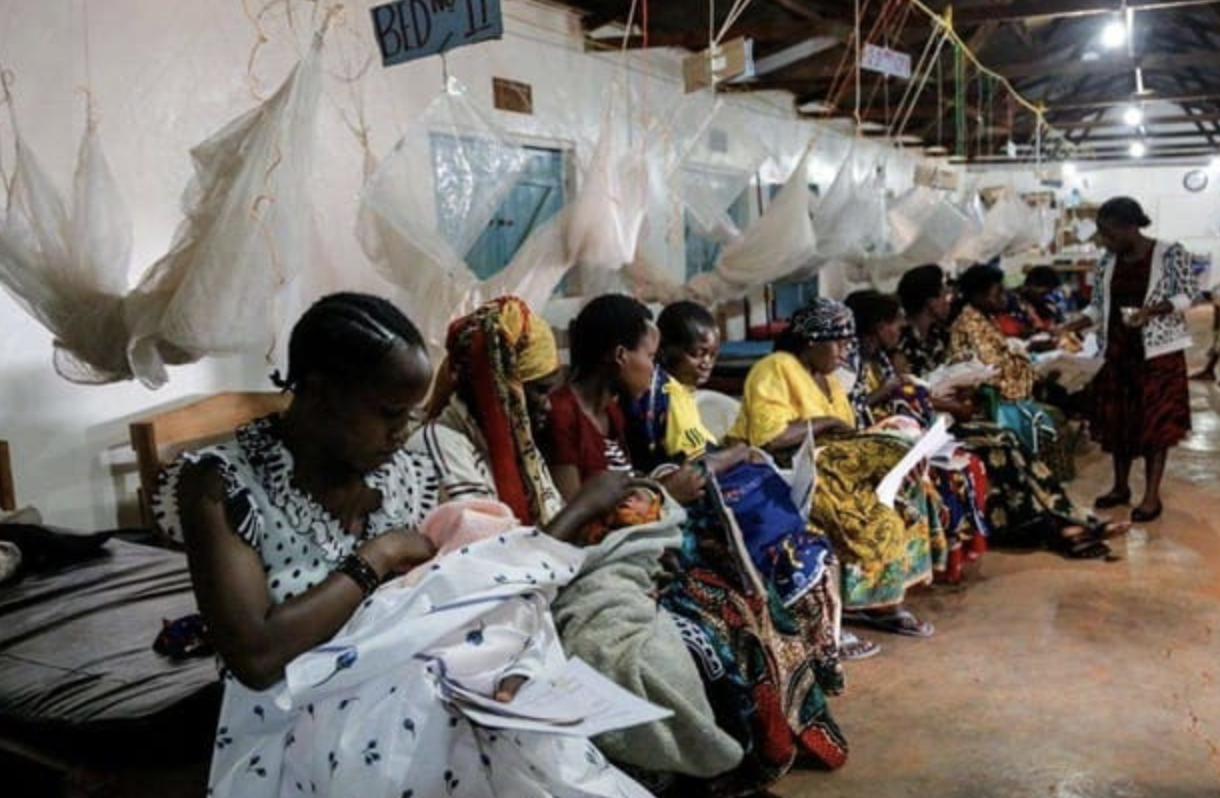
Nation’s Healing Promise: Tanzania’s Bold Push Towards Universal Health Insurance
Tanzania’s Universal Health Insurance Act, 2023, aims to provide mandatory health coverage for all citizens, addressing low insurance rates and high out-of-pocket costs. Success hinges on trust, political will, and inclusive financing to ensure equitable, accessible...
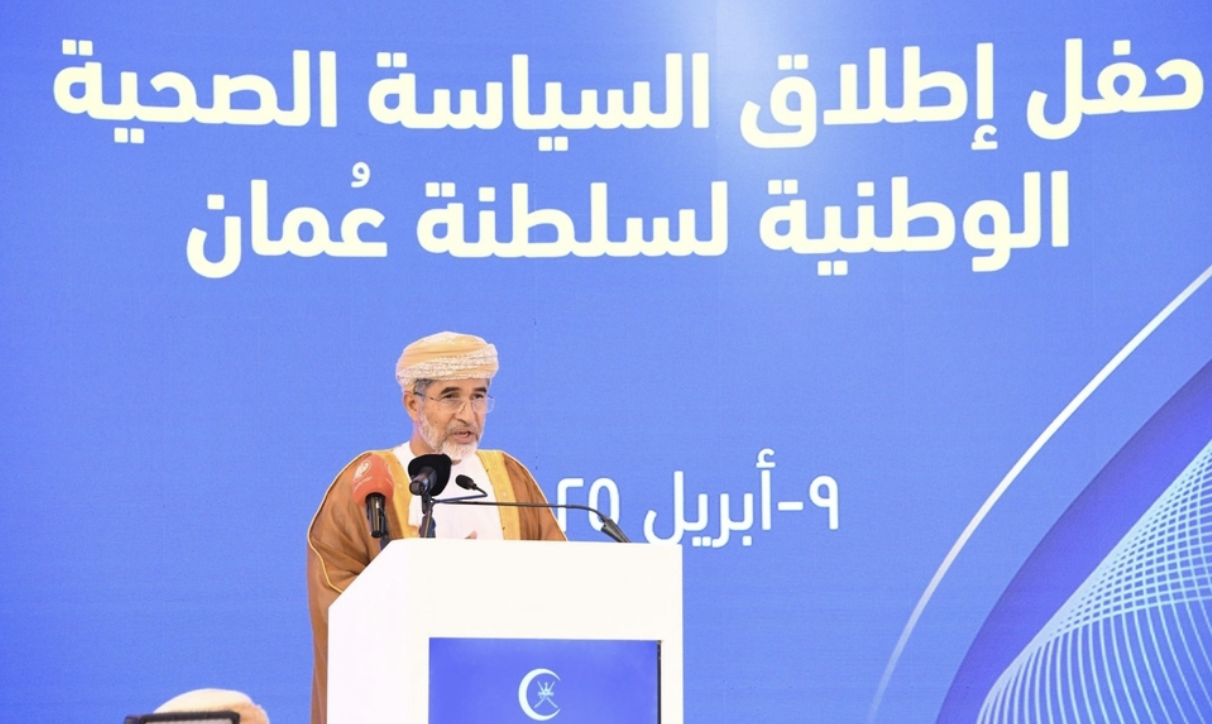
Health Ministry Launches Oman National Health Policy
Oman’s Ministry of Health has launched a new National Health Policy aligned with Oman Vision 2040, emphasizing a holistic, cross-sector approach to "Health for All, by All" by integrating health considerations across all government policies and prioritizing...
National Health Policy 2015-2030, Moving towards Universal Health Access and Coverage in Paraguay
Decree 4541 of the Presidency of the Republic of Paraguay approved the National Health Policy of Paraguay in December 2015. It is the roadmap to follow in terms of public health, for universal access to health in the country for the period from 2015 to 2030. Strategy...

Multidisciplinary group works to strengthen Paraguay’s health system
Summary: In March 2025, a multi-ministerial group met in Paraguay, including, among others, the ministries of health and finance, to work on strengthening the healthcare system. Within 60 days, they are to propose specific measures for intensive care units. At the...
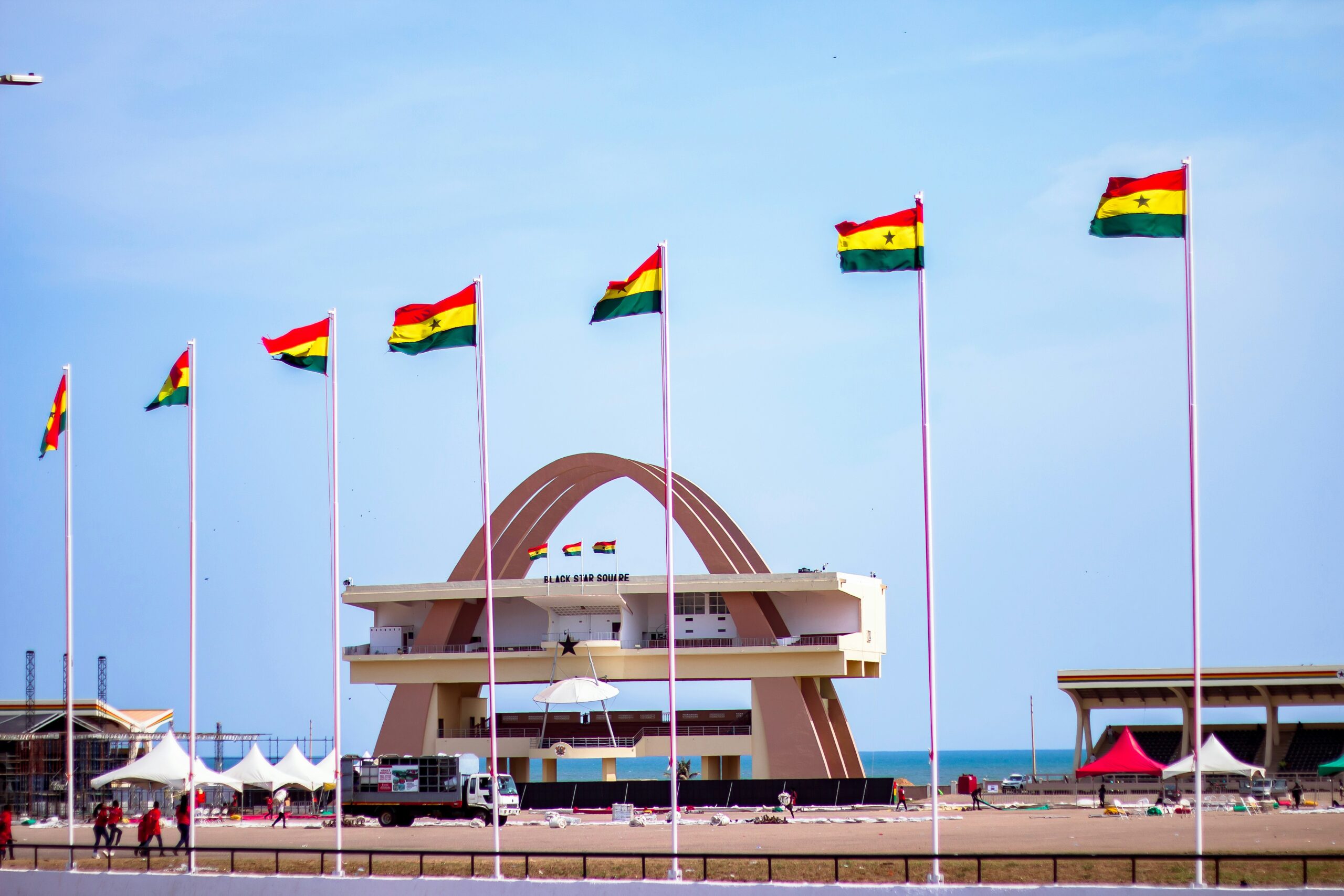
Parliament approves historic GH¢10 billion for NHIA to revolutionise Ghana’s healthcare
Ghana’s Parliament has approved a record GH¢10 billion for the National Health Insurance Authority in 2025, significantly expanding funding for claims, operations, and chronic disease care, including dialysis under the NHIS. This major investment aims to improve...
